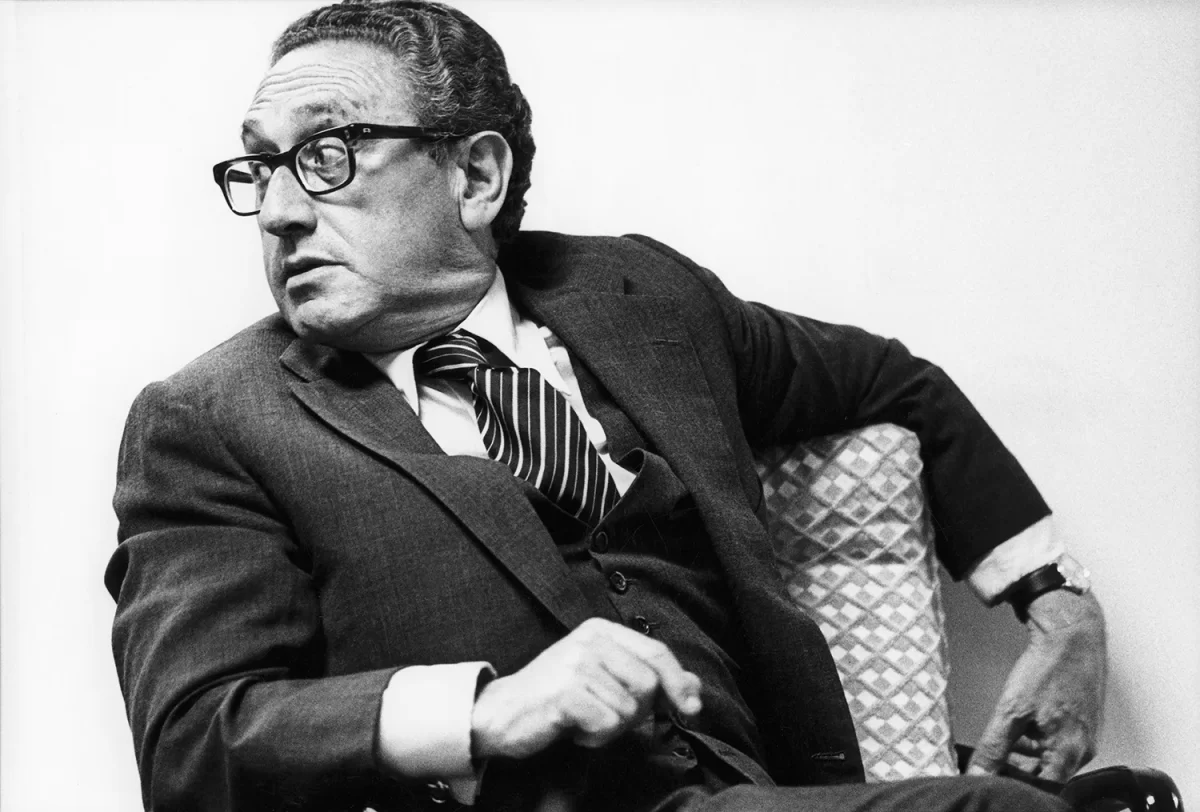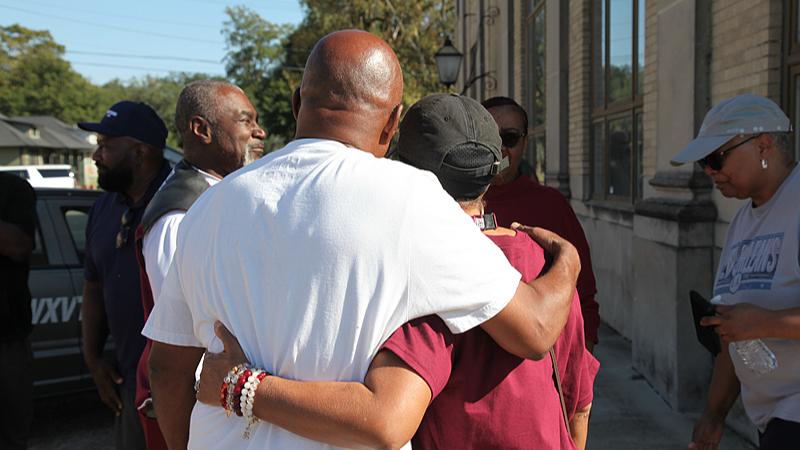At the age of 100 years old, former U.S. Secretary of State Henry Kissinger has passed. His death was announced by his consulting firm but they did not give a cause. This death brings a forward the mixed feelings that have surrounded Kissinger for many decades.
Henry Kissinger, who was born on May 27, 1923, was a prominent figure in American politics and diplomacy. Serving as the U.S. Secretary of State under Presidents Richard Nixon and Gerald Ford, he played a pivotal role in shaping U.S. foreign policy during a crucial period of the Cold War.
In order the understand the gravity Kissinger’s death, we must first understand the impact U.S. diplomacy has. U.S. diplomacy plays a crucial role in maintaining relationships and promoting the country’s interests around the world. It involves engaging with other nations through negotiations, treaties, and diplomatic efforts to address global challenges, resolve conflicts, and foster cooperation. Diplomacy helps the U.S. build alliances, advance its foreign policy goals, and promote peace and stability. It also allows the U.S. to address issues like trade, human rights, and climate change on an international scale. Overall, diplomacy is key to shaping U.S. relations with other countries and navigating the complex global landscape.
Kissinger’s approach to diplomacy was marked by realpolitik (politics based on practical objectives rather than on ideals), an often controversial pursuit of national interest. One of his most notable achievements was orchestrating the opening of relations between the United States and the People’s Republic of China in 1971, a groundbreaking move that reshaped global geopolitics. This initiative, conducted in secrecy, demonstrated Kissinger’s skill in navigating complex international relations.
His involvement in the Vietnam War was beyond influential. Kissinger was a key architect of the policy of Vietnamization, which aimed to shift the burden of combat to South Vietnamese forces. He also played a pivotal role in negotiating the Paris Peace Accords in 1973, which led to the withdrawal of U.S. troops from Vietnam. However, the war’s ultimate outcome and the human cost sparked enduring debates about his legacy.
Kissinger was awarded the Nobel Peace Prize in 1973 for his efforts in negotiating the Vietnam War’s cessation, but the honor was met with criticism. Critics argue that his pursuit of realpolitik sometimes compromised ethical considerations, citing U.S. involvement in covert operations and support for authoritarian regimes.
Beyond his political career, Kissinger had been a prolific author, contributing to the discourse on international relations. His books, including “Diplomacy” and “A World Restored,” reflected his insights into historical events and diplomatic strategies. His intellectual contributions continue to shape discussions on statecraft and geopolitics.
While admired for his geopolitical accomplishments, Henry Kissinger’s legacy will remain complex. He is simultaneously celebrated for his diplomatic achievements and scrutinized for the ethical implications of his policies. His impact on global affairs, particularly during the Cold War, solidifies his place as a significant and controversial figure in American history.













